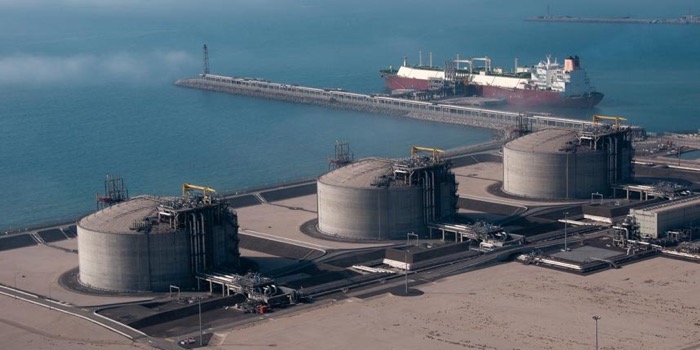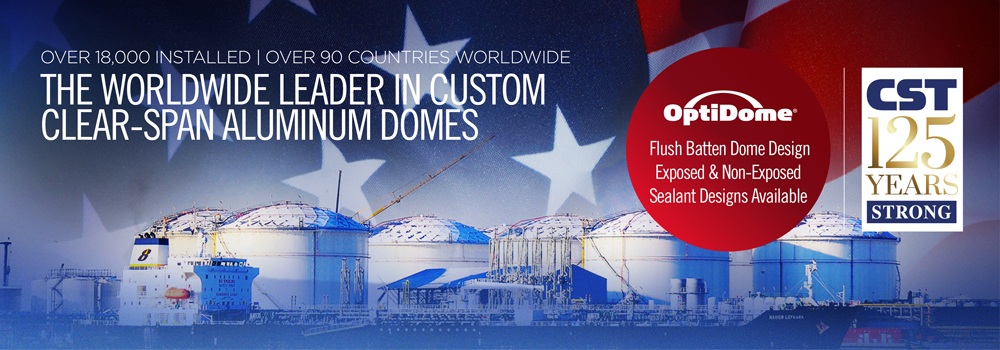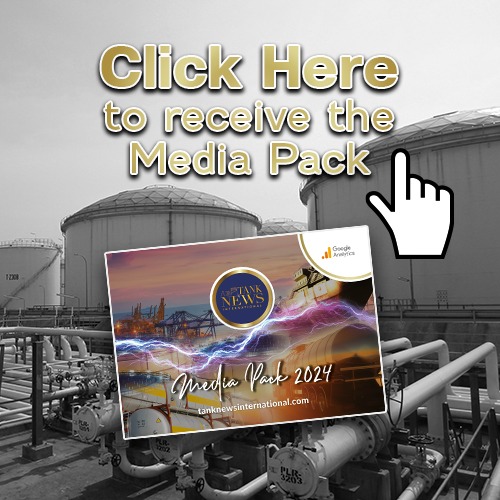FOS Cavaou LNG Terminal gearing up for LNG bunkering services
To support the sea transport industry in its efforts to combat climate change, Elengy and its subsidiary Fosmax LNG, owner of the Fos Cavaou LNG terminal in France, are adapting the terminal to offer a new LNG bunker-vessel loading service.
This service will enable the terminal to accommodate smaller vessels (capacity less than 20,000 cbm) which, after loading their LNG tanks at Fos Cavaou, will be able to supply ships in the port of Marseille-Fos and other sites in the Mediterranean sea.

More and more vessels now operate or plan to operate using LNG, a response to the challenges of energy transition in terms of cleaner energy. Economically very competitive, LNG and natural gas reduce CO2 by a quarter, NOx emissions by 90% and SOx emissions and particulate matter by almost 100% compared to currently-used shipping fuels. This makes LNG, available now, an essential alternative energy source for sea transport.
In recognition of its positive impact on energy transition, 30% of the project is being financed by European funding.
This new service primarily calls for work to modify the wharf at the Fos Cavaou LNG terminal, which will be completed in June 2019. It enriches the offer of the Fos-sur-Mer LNG terminals, which already accommodate the unloading of LNG carriers ranging from 20,000 cbm to 265,000 cbm (Q-Max type extra large LNG tankers).
Elengy and Fosmax LNG estimate that the Fos Cavaou terminal will be able to accommodate around 50 micro-tankers per year, in other words one a week, always under optimal conditions of safety, reliability and performance.
With this service, which completes the offer that was recently enriched by the decision to build a loading station for LNG tankers at the Fos Cavaou terminal, the two companies are once again illustrating their desire to offer a real LNG hub in Fos, the privileged entry gate for LNG in the great European gas market.
Liquefied Natural Gas (LNG) is natural gas that is rendered liquid by cooling to minus 160°C. For the same amount of natural gas, the volume of LNG is about 600 times lower than that of its gaseous state. The transport of natural gas in liquid form at atmospheric pressure allows ships to carry large amounts of energy resulting in an efficient and competitive means of transportation to diversify sources and supply routes and access remote gas reserves.
For more information, visit: www.elengy.com and www.fosmax-lng.com
23rd May 2018














